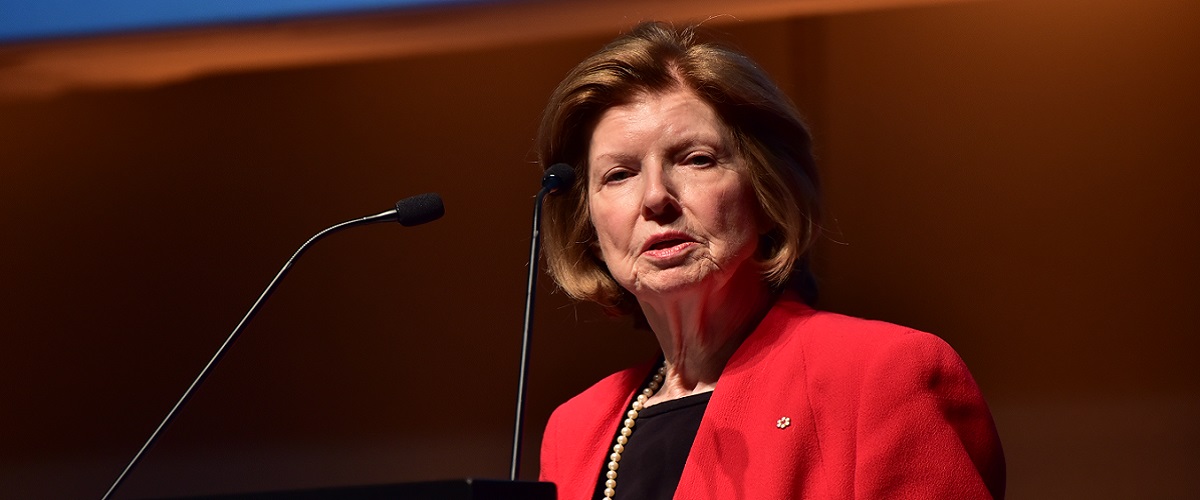New governments that have come to power around the world on the promise to fight corruption have fallen into old patterns of corruption, according to anti-corruption campaigners and experts.
Panellists at the “Corruption and the Post Election Challenges” workshop held on Wednesday, during the International Anti-Corruption Conference (IACC) in Denmark, opined that the reasons for this turnabout are various: a lack of political will to fight corruption; lack of support from the central government when state or regional governments are from a different political party; and lack of party ideology.
Jose Ugaz, chair of Transparency International in Peru, cited the example of Peru, where almost all the political aspirants — even the corrupt ones — made curbing corruption their top campaign pledge because such promises appeal to the electorate.
Ugaz said the failure to then deliver on this promise “is usually as a result of a lack of political will”. He buttressed this by citing examples of politicians who promised to fight corruption in Peru, but shortly after taking office they were indicted and prosecuted for several corruption allegations.
Anupama Jha, founder of Initiative for Transparency and Accountability in India, said regional and state governments are unable to fulfill their promise to fight corruption because they have limited powers and are often restricted by a central government that is not committed to fighting corruption.
She also gave examples from India where two governments — including the central government and in Delhi — came to power riding on the electorate’s disenchantment of massive corruption in the country.
However, the central government then became somewhat of an impediment to Delhi’s government, which had attempted to fulfill its campaign promises.
Jha said the central government in India then took away the anti-corruption agency’s powers from the Delhi government upon realising that it was initiating corruption investigations into influential people, thereby “rendering the Delhi government toothless”.
Jha stated another example where the Delhi government had to pull down from its party website the names of the party’s donors because the central government was targeting people who appeared on the list.
Hon. Shakeel Shabbir Ahmed, who is a member of the Kenya National Assembly, in his contribution during the workshop, said another reason governments fail to deliver on their anti-corruption promises is because of the lack of established ideology for parties. Reuben Lifuka, the Vice-Chair of Transparency International, agreed with Ahmed.
Proffering solutions to this problem, Lifuka said: “We need to deal with this challenge at two levels; strategic and more practical levels. At the strategic level, we need to all understand what is driving the corruption agenda and in this case, it is to create a solid foundation for social-economic development.”
“On a more practical level is what my colleagues have said, we need independent anti-corruption agencies, independent media, providing space for civil societies to operate.”
He concluded by saying that newcomers to the political scene and building ethics would help ensure that we elect people who are dedicated to the anti-corruption crusade into government.


